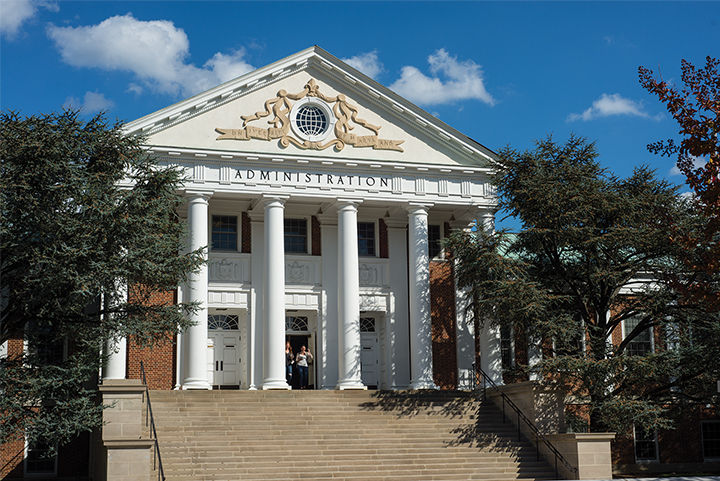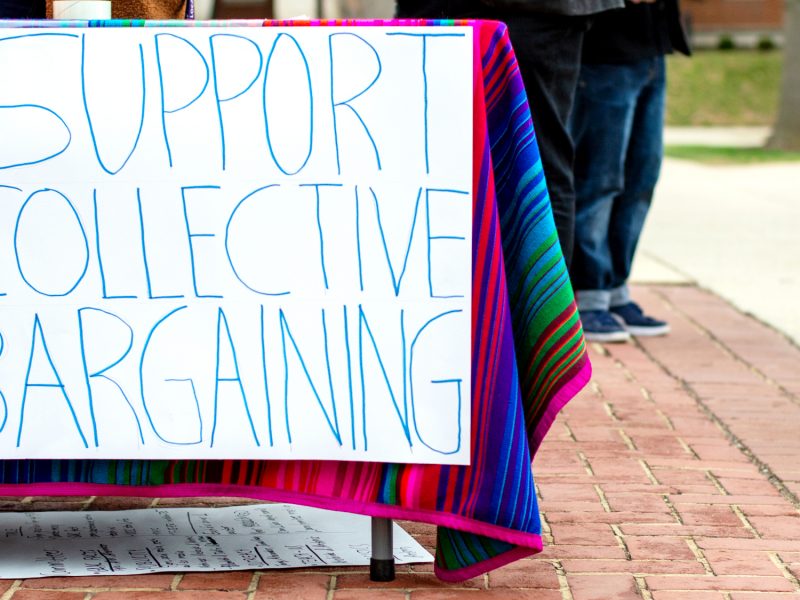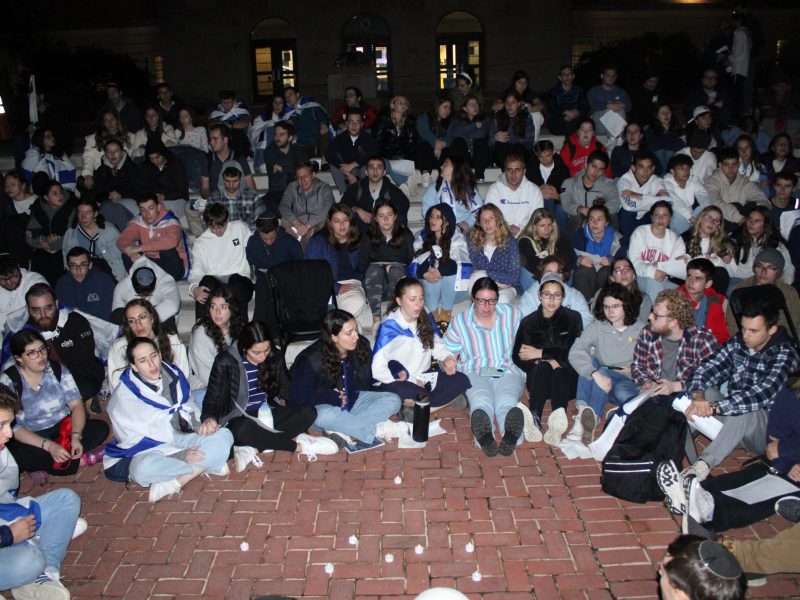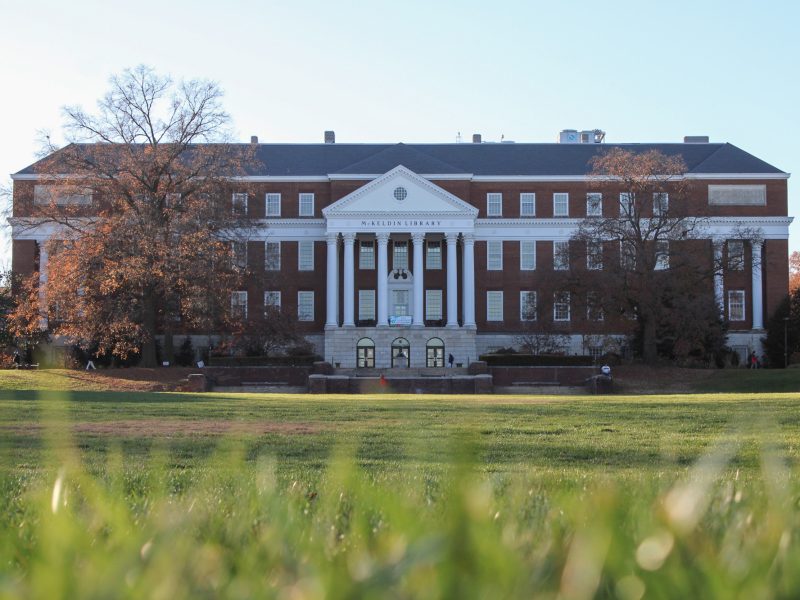Graduate students have many roles on the campus. We are teachers, researchers, administrators and lecturers, but first and foremost, we are students. We, as students, are here to learn, grow, excel and launch our professional careers, but we also provide critical support to the functioning of this university through our numerous roles and responsibilities, as well as through our interactions and relationships with faculty, staff and students. The relationship we build within our university community can make or break not only our experience here but also our academic development and future careers.
The Graduate Student Government, in partnership with the graduate school and in conjunction with the Graduate Council, is working on an initiative to strengthen relationships and foster communication between graduate students and their advisors, supervisors and mentors. To enhance these relationships, we are discussing the need of two facets: Mutual Expectation Agreements and academic advising.
MEAs are designed to foster and enhance the relationships between faculty and students on assistantships through increasing communication. An MEA is a clear, concise and consistent document cooperatively produced by a graduate assistant and their supervisor that aims to outline mutually agreed upon expectations for roles and responsibilities pertaining to both parties. MEAs would be developed and implemented during each semester of a graduate assistantship.
The second facet for strengthening relationships between students and faculty is the establishment of a semesterly academic advisory meeting with each graduate student’s faculty adviser. Such meetings would allow graduate students to collaborate with their advisers and gain useful information on a variety of resources to enhance their educational experience and obtain their degree.
Developing solid, strong relationships built on communication and trust is of utmost importance to graduate students. We desire to connect with, learn from and develop a strong lifelong professional network through our professors, advisers and mentors. The key to building these relationships is clear communication that yields mutual understanding and establishes expectations with those we hold in such high esteem.
Across the campus, graduate students have wonderful, positive working relationships with their advisers who serve as outstanding mentors, research colleagues and powerful allies. They communicate regularly and have open dialogue and discussion, as in any positive professional work, research and academic environment. This is the ideal case, and MEAs and semesterly academic advisory meetings are designed to foster, encourage and support this relationship. These agreements and advising sessions will also serve a secondary role: a safety net to facilitate communication if that positive working relationships deteriorate as a result of communication breakdowns, misaligned expectations or difference of culture, personality, opinion or communication style, to name a few.
While we recognize the benefits that such positive, strong relationships bring, we also acknowledge that a “one-size-fits-all” approach is not realistic. Each relationship has its own dynamic and preferred communication style. There remains a baseline amount of communication that can be met with the help of MEAs and advising sessions to contribute to a more standardized experience across the campus to foster these valued relationships. I would like to emphasize the positive aspects it brings to the student-faculty relationship and highlight the importance of the partnership among the students, faculty and administration.
I am grateful for the administrators and faculty who have supported this endeavor and who care deeply about the graduate students across the campus. Specifically, as graduate student body president, I am an ex officio member of the Graduate Council, the advisory board to graduate school Dean Charles Caramello.
In my role, I have been working closely with the Graduate Council and with Dean Caramello on this initiative with the shared goal of improving the graduate student education and experience at this university. I am very appreciative of the willingness of Dean Caramello to discuss graduate student concerns and that we have a shared goal of facilitating the best possible graduate student education and experience across the campus.
I am also grateful for the work of the Graduate Council’s workgroup on this initiative, chaired by professor Charles Delwiche. This was formed to investigate the creation of a principal investigator and research assistant agreement as a first step formalizing this initiative.
I would like to express my gratitude to both Dean Caramello and professor Delwiche for being instrumental partners in the PI/RA agreement conversation. This first step will undoubtedly facilitate more professional and engaged work for all graduate students and faculty on this campus. I eagerly anticipate the future consideration to be given to other assistantships and to advancing semesterly advising for all graduate students with their advisor to discuss academic issues, a critical component to the success of all students. As this initiative advances, I am delighted and inspired by the many faculty and administrative individuals who are standing in solidarity with the graduate student body in support of this initiative as we all have the shared goal of improving the graduate student experience at
this university.
Deborah Hemingway, president of the Graduate Student Government is a biophysics doctoral student. She can be reached at dheming@umd.edu.



